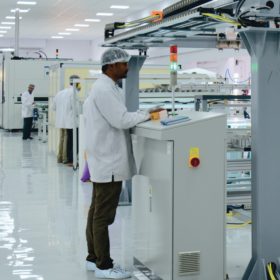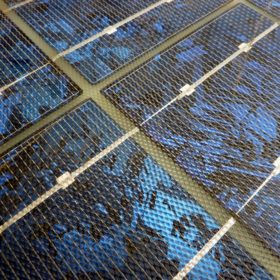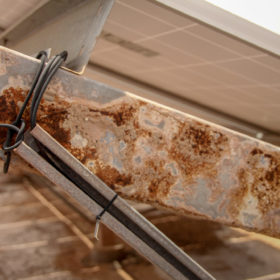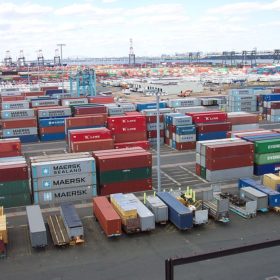Manufacturing-linked solar tender scaled up to 7 GW
Solar generation capacity aggregating to 7 GW—as against 6 GW earlier—will now be awarded against setting up of 2 GW of annual manufacturing capacity. Tariff ceiling has also been increased to Rs2.93/kWh, from Rs2.75, for a period of 25 years. Bids can be submitted till October 31.
Central Electronics Ltd now tenders for supply of monocrystalline solar cells
Bids are invited for supply of 5-busbar cells with peak power output of 5.1W or greater and an efficiency of minimum 18.8%. The quantities to be supplied are 1000. Bidding closes on October 16.
Central Electronics Ltd tenders for supply of multicrystalline solar cells
Bids are invited for supply of cells using 5 busbars, providing an efficiency of minimum 18.8%. The quantity to be supplied is 500,000. Bidding closes on October 15.
Shell acquires 20% stake in Orb Energy
The fossil fuel giant, like many of its global peers, is making inroads into renewable energy activity and has invested an unspecified amount in becoming a significant shareholder in a business which installs rooftop PV systems for commercial and industrial clients.
Is India ready for solar waste mountain?
Opinion is divided over the urgency of addressing the issue. While some developers feel the 25-year lifetime of modules offers plenty of time to prepare an action plan, other industry voices claim Indian-made products don’t last half that long and one recent report pointed out waste is already piling up thanks to defects and faulty installation.
India prepares to embrace agrivoltaics
Take-up has been slow considering the nation’s mammoth agricultural industry but, as a packed session on the topic at the recent REI show illustrated, attitudes may be changing in a nation which is already installing solar greenhouses.
Waaree Energies expands module manufacturing capacity to 2 GW
India possesses almost 11 GW of domestic solar module production capacity and around 3 GW of cell output annually. With a national goal of 100 GW of solar generation capacity by 2022, the creation of a domestic manufacturing base is of critical significance for the country which currently imports almost 85% of the 10 GW of PV equipment it consumes annually.
Indian renewables leaders split over need for regulation
While some of the industry insiders gathered at REI 2019 have made predictable calls to be free of the restrictions imposed by regulators, others maintained policy support is crucial and audience members voiced concern about India’s lack of recycling rules.
In leaps and bounds
Policies, non-government initiatives and market forces have started driving the adoption of more rigorous quality-assurance practices in Indian PV project and module manufacturing this year.
Trina opens trade show by announcing more than 4 GW of module shipments to India
The Chinese manufacturer claims to be the first company in the nation to supply that volume of solar modules. The news is unlikely to be welcomed by a government desperate to foster its own solar manufacturing sector.












